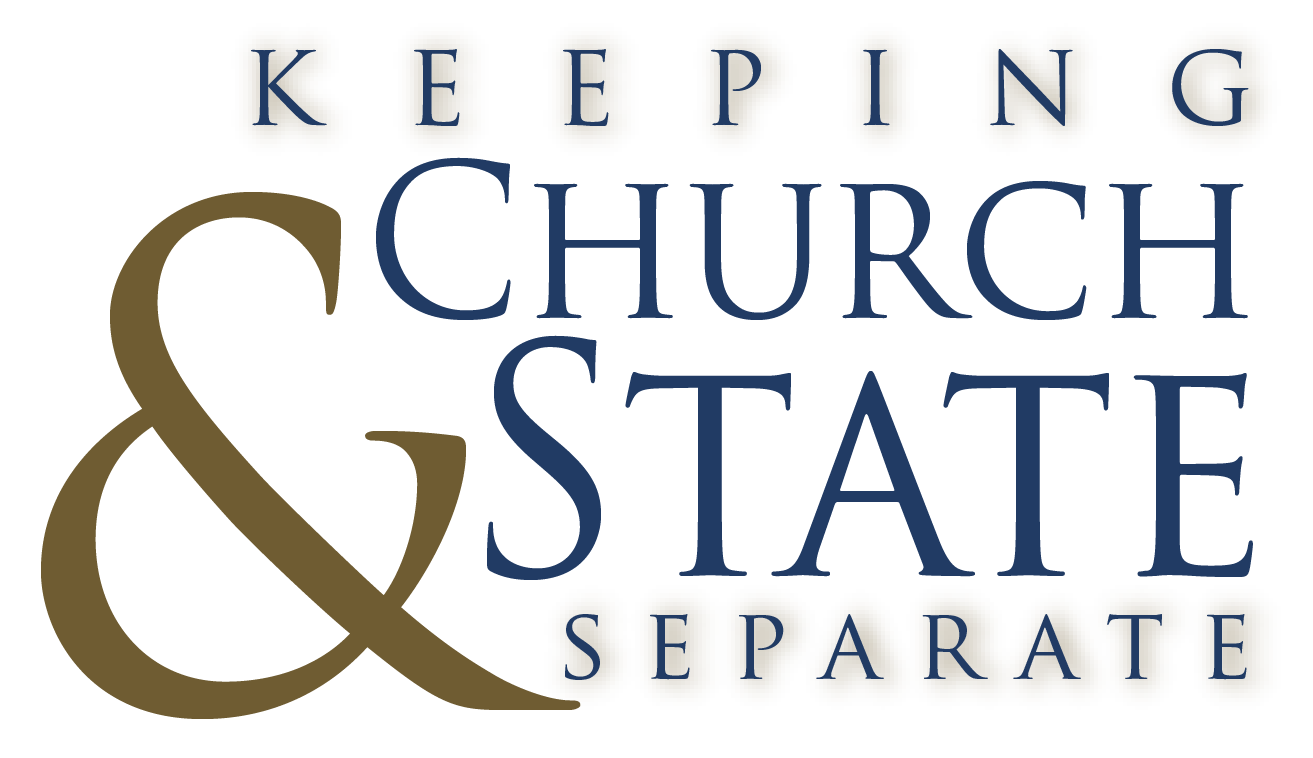Public Prayer
As Christians we know that we can pray to God at any time and in any place, so there is no real threat to prayer when the Establishment Clause is interpreted to prohibit prayers in certain government-sponsored contexts. Public prayers spoken aloud at government meetings or public school graduations tend to draw everyone present into the prayer and threaten to violate the consciences of nonbelievers.
The issue most often arises in the public schools and in the legislative arena where some want to assert a tradition of prayer or solemnize an event. In the public schools arena, the U.S. Supreme Court has drawn some clear lines, finding school-sponsored prayer violates the Constitution, while upholding the rights of students to initiate prayer in ways that do not disrupt others or interfere with other school activities. See Engel v. Vitale, 370 U.S. 421 (1962); Abington School District v. Schempp, 374 U.S. 203 (1963); Board of Ed. v. Mergens, 496 U.S. 226 (1990). Students may pray either audibly or silently, yet are subject to the same rules of order as apply to other nonreligious speech in these locations.
Controversies continue to arise over the issue of prayer during legislative sessions and meetings of other government bodies. More than three decades ago, the Supreme Court upheld the Nebraska Legislature’s practice of opening with a prayer offered by a state-employed chaplain. Rejecting an Establishment Clause challenge, the Court based its decision on the historical record of prayer in public legislatures that showed such prayer was “deeply embedded in the history and tradition of this country.” Marsh v. Chambers, 463 U.S. 783 (1983). The practice escaped a finding of “establishment” because it was a longstanding tradition at the time of the First Amendment’s passage and the context was less coercive than government prayers in a public school classroom. According to the Court, such prayers are “simply a tolerable acknowledgement of beliefs widely held among the people of this country.”
For many religious liberty advocates, however, the practice of official prayers at governmental meetings remains awkward at best, illustrating the point that just because something is constitutional does not make it right. Many legislative bodies eschew the practice entirely or opt for a moment of silence. Others enact and follow guidelines to avoid coercing religious practice or creating an appearance of government favoritism toward a particular denomination or religion.
For more on this topic:
BJC on the 2014 Greece v. Galloway decision
Podcast about the case and “legislative prayer” in Greece v. Galloway
A legal look at local government prayer
By Nan Futrell, BJC Staff Counsel





